
The AIgorythm project

Playwright and actor
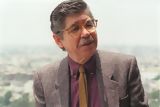
Novelist

Writer and poet

Volleyball player

Italian-Peruvian naturalist and geographer

Singer and percussionist

Last Inca emperor

Politician, former prime Minister

Journalist and TV host
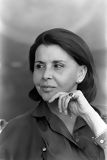
Poet

Inca warrior
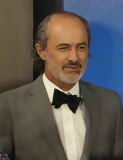
Actor and comedian

Biophysicist

Poet

Doctor and researcher
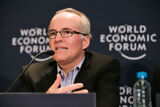
Businessman, Interbank group

Journalist and writer
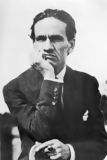
Poet and writer
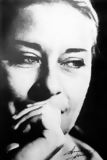
Singer and songwriter
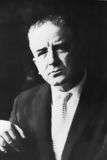
Writer

Film director, Berlin Golden Bear winner

Football player
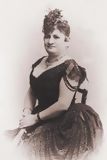
Writer and journalist
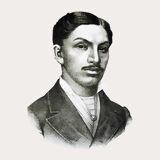
Doctor and scientist

Photograph

Chess player

Industrialist
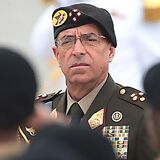
Former general

Specialist in public health

Actress and singer
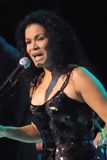
Afro-Peruvian music singer

Mathematician and engineer

Indigenous chronicler

Neurologist and anthropologist

Painter

Football player
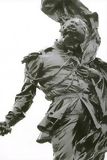
National hero, military leader

Intellectual and reformer

Chef and entrepreneur

Fashion designer

Singer-songwriter

TV presenter

Marathon runner

Indigenous Peruvian chronicler

Theologian

Former national team captain

Economist and former health minister

Inca princess

Writer and television host

Folk musician

Poet and guerrilla
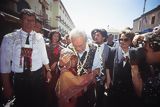
Former UN secretary-general

Chef, known for fusion cuisine

Football player

Peruvian aviation pioneer

Poet and artist
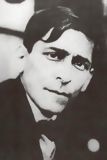
Marxist philosopher and writer

Industrialist and businessman
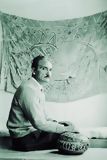
Novelist and ethnologist

Painter and muralist

Opera tenor

Fashion designer

Cardinal of Lima

Peruvian tennis player

Football coach

Leader of the indigenous rebellion
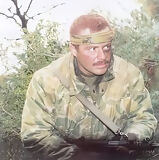
Military hero

Latin singer
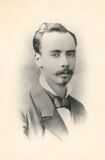
War of the Pacific hero

The youngest mother in history

Politician
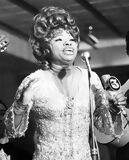
Creole music singer

Tennis player
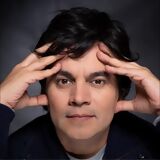
Musician

Writer and politician

Politician and founder of the Christian Democratic Party

Founder of Sodalitium Christianae Vitae

Archaeologist and anthropologist
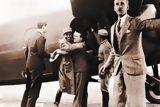
Military leader and politician

Television host
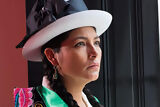
Actress and singer
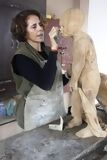
Contemporary sculptor
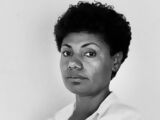
Women’s rights activist

Beauty queen

Astrophysicist

Heroine of independence
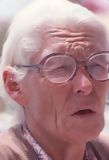
Mathematician and archaeologist

Historian and anthropologist
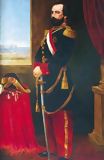
Military figure and historical figure
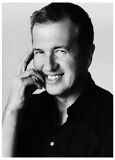
Fashion photographer
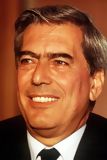
Writer, Nobel Prize in Literature, Politician

Revolutionary leader
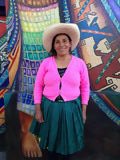
Environmental activist

Leader of the indigenous rebellion

Musician from Gaia band
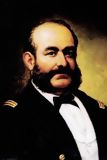
War hero
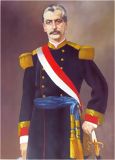
Military leader and politician

Chef, known for Nikkei cuisine

Volleyball coach and former player

Environmental activist

Television personality

Writer

Football player

Epidemiologist and former health Minister

Inventor and aerospace pioneer

Soldier and inventor
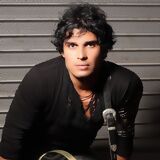
Rock singer

Chef and co-owner of Central restaurant

Painter

Football player

TV presenter and actress
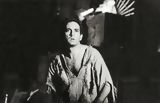
Actor
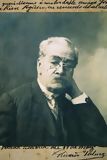
Writer and historian

Journalist and lawyer

Archaeologist, founder of Caral site
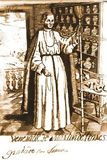
Monk and Saint
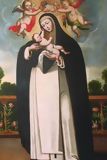
Saint, patron of Latin America

Physicist and engineer

World champion surfer

Actress

Oncologist
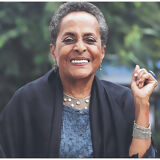
Singer, Latin Grammy winner

Former mayor of Lima

Singer

Actress

Former football player

Painter
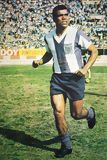
Former football player

Painter

Inca leader

Archbishop, saint
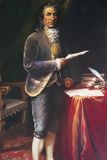
Leader of the indigenous rebellion

Revolutionary indigenous leader

Diplomat and intellectual

Sculptor and painter
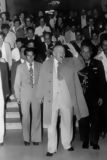
Political leader, founder of APRA

Lawyer and Former prime minister

Chef of Central restaurant
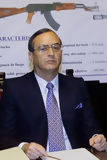
Former head of secret services

Popular singer

Fashion designer

Exotic music singer
César Vallejo, born on March 16, 1892, in Santiago de Chuco, Peru, is considered one of the greatest Spanish-language poets and a fundamental writer of the 20th century. His works, imbued with pain, compassion, and political commitment, have influenced many writers and thinkers worldwide. His poetry is renowned for its innovative nature, especially in the use of language, rhythms, and existential and social themes.
César Vallejo was born into a modest family of indigenous origin, in a small town in the Peruvian Andes. From an early age, he was exposed to the hardships of rural life and social inequalities, themes that profoundly influenced his work. After completing his secondary education, he moved to Trujillo, where he enrolled at the National University of Trujillo to study literature and philosophy.
In 1919, Vallejo published his first collection of poems titled Los Heraldos Negros (The Black Heralds). This book evokes existential pain and the trials of humanity, reflecting the tragic view of life that Vallejo acquired by observing poverty and social injustice in Peru.
In 1923, César Vallejo moved to Paris, where he befriended avant-garde writers and artists. It was there that he published Trilce (1922), an innovative work that broke with poetic conventions of the time.
In the 1930s, Vallejo became increasingly politically engaged, influenced by Marxism. He became an advocate for the oppressed, writing works that denounced social injustice and authoritarian regimes.
Shortly before his death, Vallejo completed his last collection, Human Poems, which was published posthumously. This work is often regarded as his masterpiece, blending his social and human concerns.
César Vallejo died in 1938 in Paris, but his literary influence continues to be celebrated worldwide, making him one of the greatest poets of the 20th century.